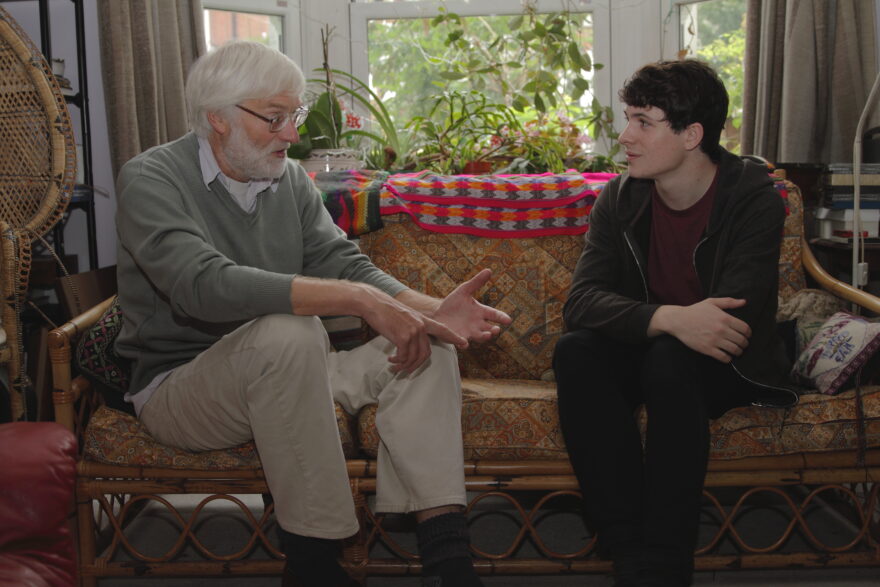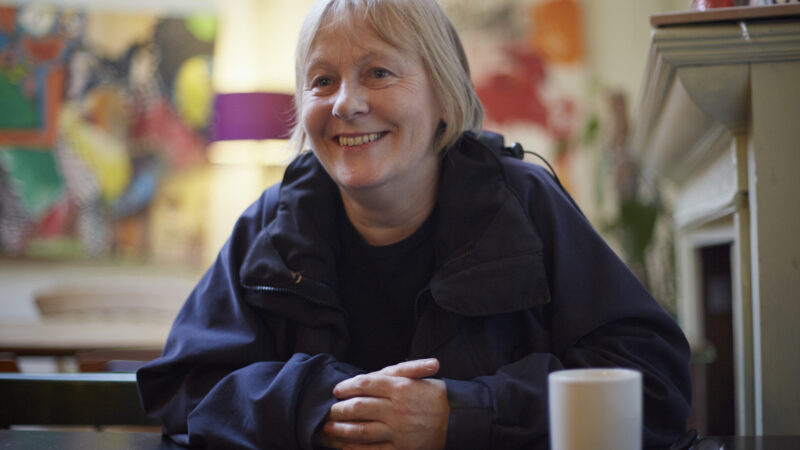
Our ethos
We involve people with lived experience of mental health issues and mental healthcare in research – as advisors, researchers and leaders. This is often as paid members of research advisory groups or as coapplicants on studies, public involvement coordinators and peer researchers. We collaborate with universities, charity partners and commercial partners, working with people and organisations who share our values and vision.
We work with others to bring about more inclusive research that better meets the needs of communities everywhere. The result is more relevant and impactful mental health research.
Would you like to work with us? We can deliver research projects independently or as a partner. We are experts in developing patient and public involvement strategies. Find out how we can help you: research; evaluating and measuring impact; public involvement; training; hosting; and influencing.

Our approach
The way we work is as important as the work we do. We coproduce and codesign projects in partnership with others. We ensure those working with us are supported to use their expertise in ways that feel safe for them, improving the quality and relevance of our work. We strive to address oppressive work practice and improve the delivery of inclusive mental health research.
We use a peer research approach. Our researchers draw on personal experiences of mental health issues that are relevant to those of the research participants. This relevance might be experiencing similar mental health experiences, or other aspects of identity including age, ethnicity gender, gender and sexuality.
We develop public involvement (or ‘PPI’) in research strategies. Working with young people or adults, lived experience involvement can be structured in advisory groups or co-research roles. From study design to dissemination.
McPin is about challenging the notion of what it means to be an expert and helping those who have not traditionally been able to use their expertise, due to narrow and preconceived notions of what being an expert means, to do so in research.
Dan Robotham, Deputy Research Director
Policies
We want to partner, collaborate and learn from organisations that share our values. Our main expertise is in mental health research; many of our staff have psychology, social science or biomedical science backgrounds. We are keen to work with any organisation that is keen to centre lived experience in its work.
A collaborative approach must start with a shared, constructive language. Mental health has historically been associated with degrading and devaluing labels. Our approach is develop appropriate language, project by project with our partners.
When talking about people with a mental health diagnosis or undiagnosed mental ill-health, we use terms like ‘people with lived experience’, ‘people with mental health problems’ and ‘people affected by mental health issues’ to emphasise that the individual comes first, and the diagnosis or problem comes second.
When research focuses on mental health service use, terms like ‘service users’, ‘clients’, and ‘survivors’ are used. We rarely talk about ‘patients’, but we understand that it is the most accurate term in some cases, and that some people prefer it.
We know that people have their own preferences when it comes to these terms. Our position is that everyone affected by mental health issues has an important voice in finding solutions to improve mental health – and that we should all work to make sure that language is not inaccurate, disrespectful or disempowering.
Giving choices and opening spaces to talk about differences of opinion can be the best way to approach creating a shared language for any piece of work.
The McPin Foundation stands in solidarity with those who experience racism, systemic discrimination, police brutality and violence more broadly. We are committed to acknowledging and tackling our complicity in systemic and institutional racism and other oppressive practices. This includes a long history within the mental health system of racism and practices that exacerbate inequalities.
We started a new speaker programme in 2023 covering a range of issues including LGBTQIA+, Black history and survivor research, disability rights. We worked with a new partner – Do it Now Now – to develop new equality, diversity and inclusion strategies and practices, building on our collaboration with New Ways. Moving forwards we are looking for a new training provider and we are setting up a JEDI (Justice, Equity, Diversity and Inclusion) staff forum.
We must continually hold ourselves to account and intensify our work towards becoming an anti-racist and anti-oppression organisation. We will interrogate the way we operate as a mental health organisation. We will look inwards, thinking about how we employ and care for our staff and those connected with us. We will also use our voice to influence how research is conducted across the mental health sector.
Within individual projects we will hold a mirror up to our work, and will adopt equality impact assessments. Part of our accountability is through the McPin board. It is also through staff feedback and our work with wider networks. We listen and learn from others in the charity sector and activists who are leading change.
Enquire about working with us
We are always excited to hear from others who want to collaborate on mental health research. From delivering peer research to helping you with public involvement strategies and providing training, get in touch to chat.




